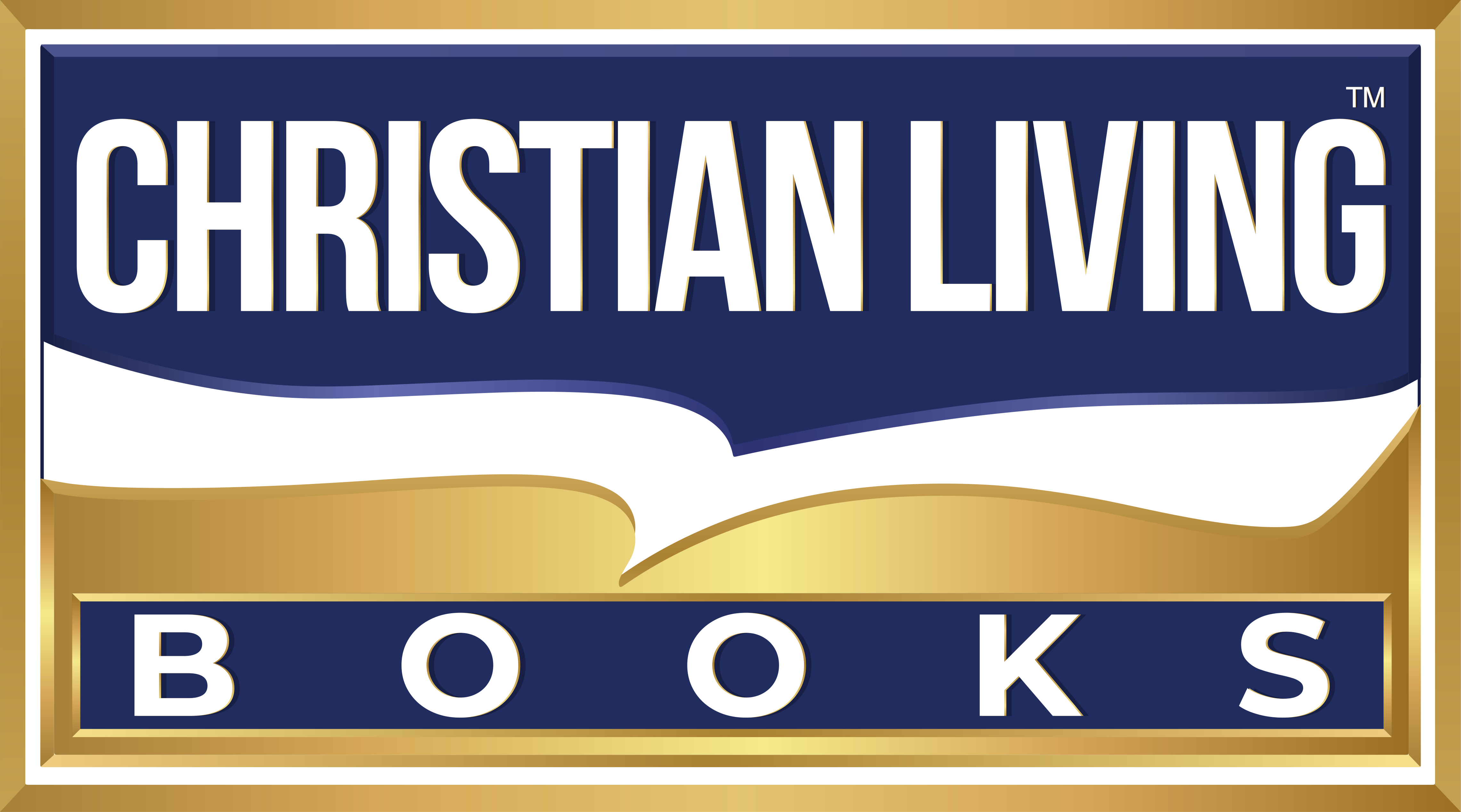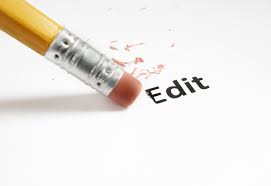by Andy Port
Some indie writers use beta readers and colleagues rather than professional editing and proofreading services, because it can be far less expensive to go without formal edits, and many indies—understandably!—would like to ease the costs of professional edits. While starting with beta readers is a fantastic idea, going without professional book editing altogether is a mistake. [NOTE – Christian Living Books has great editors!]
The challenge: With the Wall of Content, as I call it, looming over the industry—so many books, films, television shows, games, music—you’re putting yourself at a huge competitive disadvantage if you try to go to market without the best professional editing support you can afford.
Book Editing Benefits
Author Ruth Harris concentrates on nine benefits primarily of “developmental” editing, as we say in the States, or “structural” editing, as it’s called in the UK—the specialization of editors who work with how you’re telling your story and, if necessary, how to reconstruct what you’re doing to make it far more effective.
Here’s an abbreviated look at her nine points, then I’ll add what I think is actually the number one secret of why serious, professional book editing is such a boon. Editing:
- helps you refine what you want to say
- will save you from your worst writing weaknesses
- can help you distill your narrative and focus its impact
- helps you expand or trim your text, as needed
- tightens plotting and enhances characterization
- helps you pace your story
- gives you an expert friend and mentor along the way
- helps you refine your work to its essential excellence
- catches and weeds out your writerly foibles (and we all have them)
The Number One Benefit
Now, those are all excellent points in favor of professional edits; Harris is right. But the real secret about professional editing is that it makes it look as if you got all these things right, yourself.
This is one reason that it’s such good form to credit your editors, by name, whenever you have a chance. Your readers still won’t know how many times they had to corral your wandering plot tangents or chase your excessive adverbs over a cliff. And that’s the great secret: The value that book editors bring to your work accrues to you in the readers’ and industry players’ minds.
Precious few readers stop to admire god writing and think, “Boy, that author really had a great edit on that paragraph!” No, they think, “Look what this author just did in this paragraph! Brilliant!”
Oddly enough, this secret about book editing comes to journalists more easily than to authors, and that’s because we live so close to our editors. Journalists are edited daily. And when we’re young, we complain bitterly when our so-smart turns of phrase and sassy references are the first things to be cut from our stories. But there’s a moment for each journalist when the truth suddenly dawns on us: Nobody knows what was cut out of our stories. Nobody knows what was changed. And that revelation usually arrives when a reader drops a note or calls to say how great one of our stories was…the same story we were just complaining had been butchered, gutted! on the edit desk, right?
Suddenly we get it: We’ve been made to look good. By editors. That’s when we start thanking our editors.
Your Own Mistakes Are Harder to See
You can always catch others’ mistakes, but rarely your own. This is simply the nature of writing. Getting entirely outside your own head, your intentions, and seeing your copy with “another’s eyes”. A superhuman gift. Don’t let anybody fool you, the only “self-editing” you should do is before you turn that manuscript over to a real editor.
Final Thoughts
“Self Editing” is quite close to an oxymoron. Professional editing is simply crucial, especially in preparing a book.
But the frequently overlooked gift of that heavy investment you make in bona fide, professional editing is in the regard you gain from readers and colleagues, the ability to stand tall as a writer producing truly well-crafted and rigorously “clean” content in a world absolutely awash in tragically flawed books and other content.
Are you trying to do this “self-editing” thing only? Please think again. Would the modern publishing industry have poured millions of dollars over the decades into book editing, in-house or freelance, if it weren’t that critical?
And do you have a book editor or two already? Then hug those people. Because what happens in edit, stays in edit. They’re there to make you look fantastic. When it comes to that raw manuscript you handed them? Nobody knows the trouble they’ve seen. [NOTE – Christian Living Books has great editors!]

